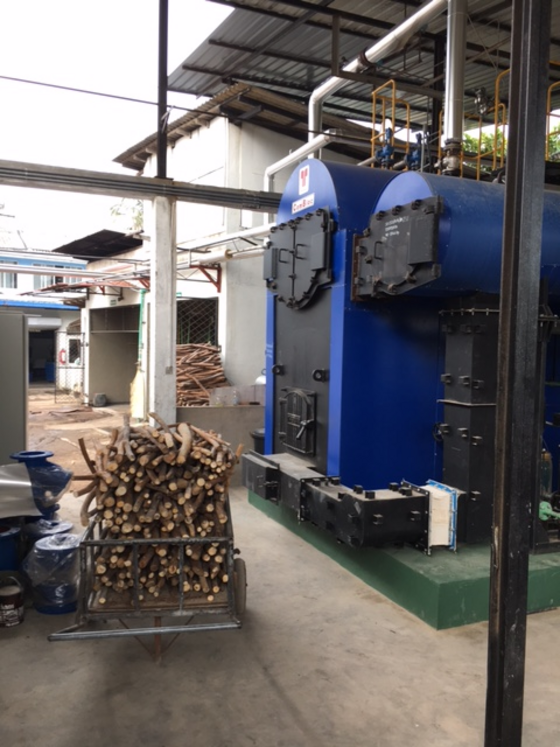The tourism sector is a front runner of Sri Lanka's economy; according to the Central Bank of Sri Lanka, the travel and tourism sector accounted for over 10% of the island's overall GDP in 2015. Simultaneously, it is one of the major contributors to the national greenhouse gas (GHG) emissions. A leading hotel chain on the island embarks on an innovative path to reduce its GHG emissions in a climate-friendly way.
The energy efficiency of most hotel facilities in Sri Lanka is low, such that the resulting environmental and climate impacts are considerably greater than those caused by buildings of a similar size. Given its growing significance, mitigation efforts in the RAC sector can contribute significantly to reaching the country's climate targets.
The Jetwing Hotel Group with properties spread across the island was selected as one of three technology partnership projects by the Green Cooling Initiative, implemented by GIZ and funded by the BMUB. The project proposes four key mitigation strategies, which could reduce the GHG emissions by around 50%.
At the hotel Jetwing Blue (abre en una nueva ventana) located in Negombo, an absorption chiller using steam generated in a cinnamon wood-burning boiler has been installed. Cinnamon wood is one of the four most sustainable fuel woods of South Asia due to its cropping cycle of just 6 months, and it is relatively cheap. Only the bark of the tree is used for cinnamon production, such that the wood which would otherwise be wasted lends itself to being used as fuel for cooling purposes.
For a free copy of the Green Cooling Hotel Roadmap, contact Nicole Mueller

